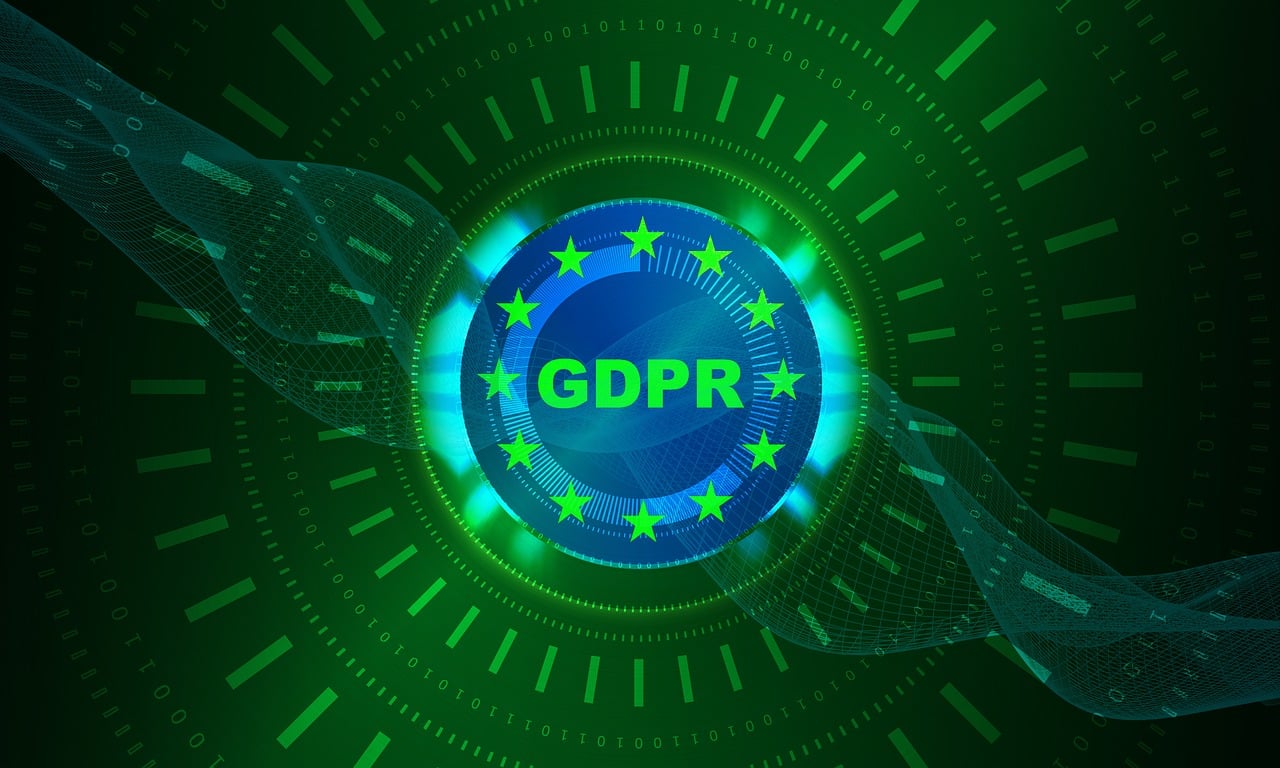We live surrounded by data. From the moment we use our mobile phone in the morning until we make an online purchase at night, we are constantly generating and sharing personal information.
And although we often don’t realize it, this data says a lot about us: where we are, what we buy, what we search for, even how we feel. That’s why protecting it isn’t just a legal issue, but a real necessity for living peacefully in the digital world.
Why Is Protecting Personal Data So Important?
Personal data is like a digital fingerprint: unique, valuable, and sensitive. It may seem harmless, but if poorly managed, it can become a serious risk. For example:
- Loss of privacy: If your data is leaked or used without your permission, it can reveal things you don’t want to share with anyone: from your preferences to your health status.
- Identity theft: With a little information, someone can impersonate you to open accounts, apply for loans, or make purchases.
- Manipulation and profiling: Companies (and also political parties or platforms) can analyze your data to influence your decisions without you realizing it.
- Emotional or reputational damage: When personal information is improperly disclosed, there can be psychological, social, or professional consequences.
——————————————————————-
Therefore, protecting data is not just about “complying with the law” or avoiding penalties. It’s a way to safeguard our identity, our security, and our right to decide who knows what about us.
——————————————————————-
What Does the Law Say in Spain and the EU?
In Europe, we have one of the strictest legal frameworks in the world regarding data protection. The General Data Protection Regulation (GDPR), which has been in effect since 2018, sets the basic rules for all companies, administrations, and organizations that process personal data.
In Spain, the GDPR is applied together with Organic Law 3/2018 on the Protection of Personal Data and the guarantee of digital rights (LOPDGDD). This law reinforces what the European regulation says and adapts some points to the Spanish context, such as digital rights in the workplace, education, or the use of devices.
Financial Penalties: Non-Compliance Can Be Very Costly
The laws are not just guidelines: failing to comply with them can have quite serious consequences, especially financially. The GDPR establishes financial penalties that can reach very high figures:
- Fines of up to €10 million or 2% of the total annual turnover (whichever is higher) for minor or administrative infringements.
- Fines of up to €20 million or 4% of the total annual turnover (whichever is higher) in case of serious infringements, such as violating users’ rights or suffering data breaches due to not having taken adequate measures.
And be aware: this applies to both large and small companies. Size doesn’t matter; what matters is how data is handled.
——————————————————————-
Furthermore, the Spanish Data Protection Agency (AEPD) has imposed sanctions on banks, technology companies, schools, clinics, and even neighborhood associations for various reasons: from not properly informing users to installing cameras without permission.
——————————————————————-
Basic Keys That Every Entity (and Person) Should Keep in Mind
- Always ask for consent clearly and understandably. No fine print or pre-checked boxes.
- Collect only the data you need. No more, and not just in case.
- Inform the user about what their data is used for, who manages it, for how long, and what their rights are.
- Apply security measures: strong passwords, encryption, backups, and access control.
- Train your team: it’s useless to have policies if no one knows or applies them.
- Have an incident protocol: if there is a leak or unauthorized access, you must act quickly and notify the AEPD.
In Conclusion…
Taking care of personal data is much more than a legal obligation: it is a matter of respect, trust, and responsibility.
——————————————————————-
In an increasingly digital world, having control over our information is key to living connected without losing security or freedom.
——————————————————————-
If you are a user, demand your rights. And if you manage data, do it right: for legality, for ethics, and because not doing so can be very costly.
Do you need help integrating these frameworks into your organization? Let’s talk:





